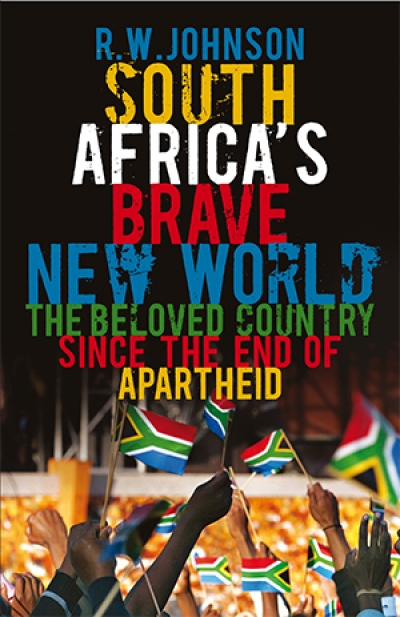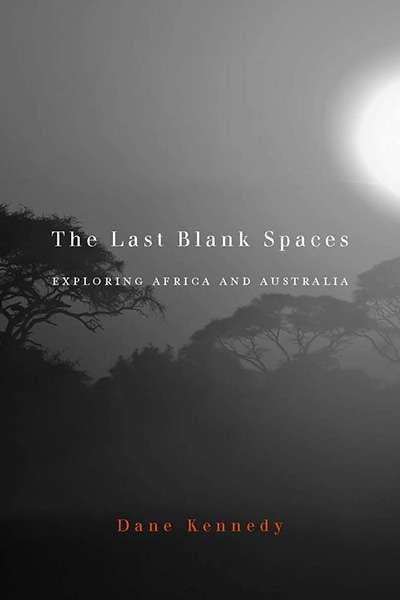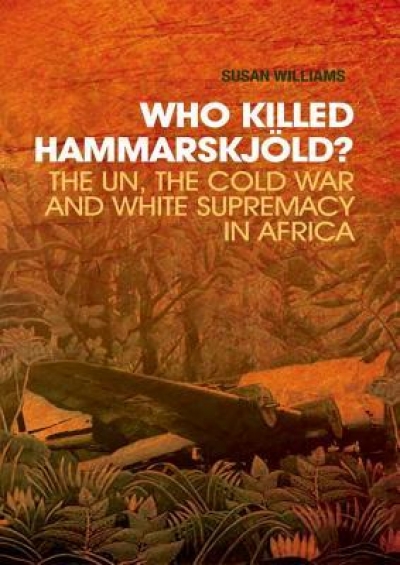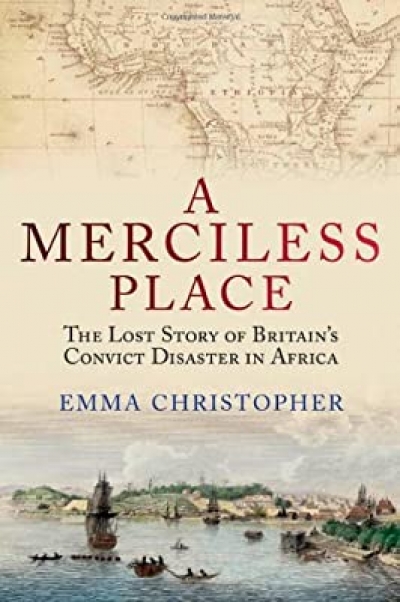R.W. Johnson is a brave man, morally and physically. After apartheid ended, he gave up his Fellowship at Magdalen College, Oxford (with its virtually automatic lifelong tenure) to return to the South Africa he had left as a Rhodes Scholar in the 1960s. For a while he was director of the Helen Suzman Foundation. Then he took the rocky road of the freelance journalist, writing mainly for the British Sunday Times and the London Review of Books. While most South African left-wing whites attached themselves to the ruling African National Congress, Johnson took the less obvious path of backing the Inkatha Freedom Party and its leader, Chief Mangosuthu Buthelezi. Throughout his years back in South Africa, Johnson has written fiercely against what he sees as corruption, mismanagement and foolishness in government. In the process, he has made himself deeply unpopular not just with the ANC but also with the universities that might have otherwise been his natural home in South Africa. His continuing admiration of Helen Suzman – for many years the only white parliamentarian willing to speak out against apartheid – surely deserves acclaim; it is so easy to airbrush individuals like her out of history, because of their class or colour. Often, Johnson sees himself in the role of the boy who wasn’t afraid to say that the emperor’s new clothes were not a masterpiece of tailoring.
...
(read more)




